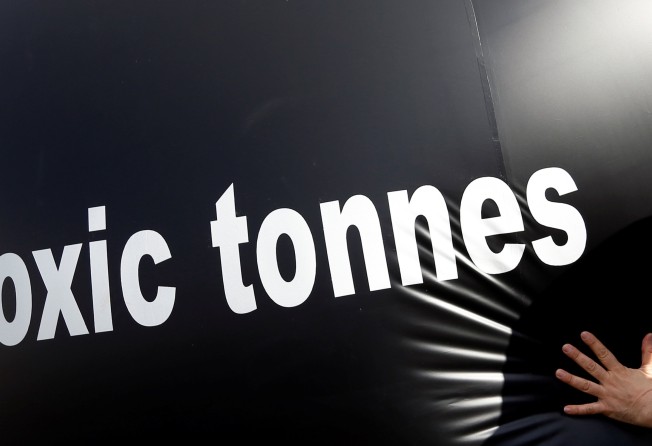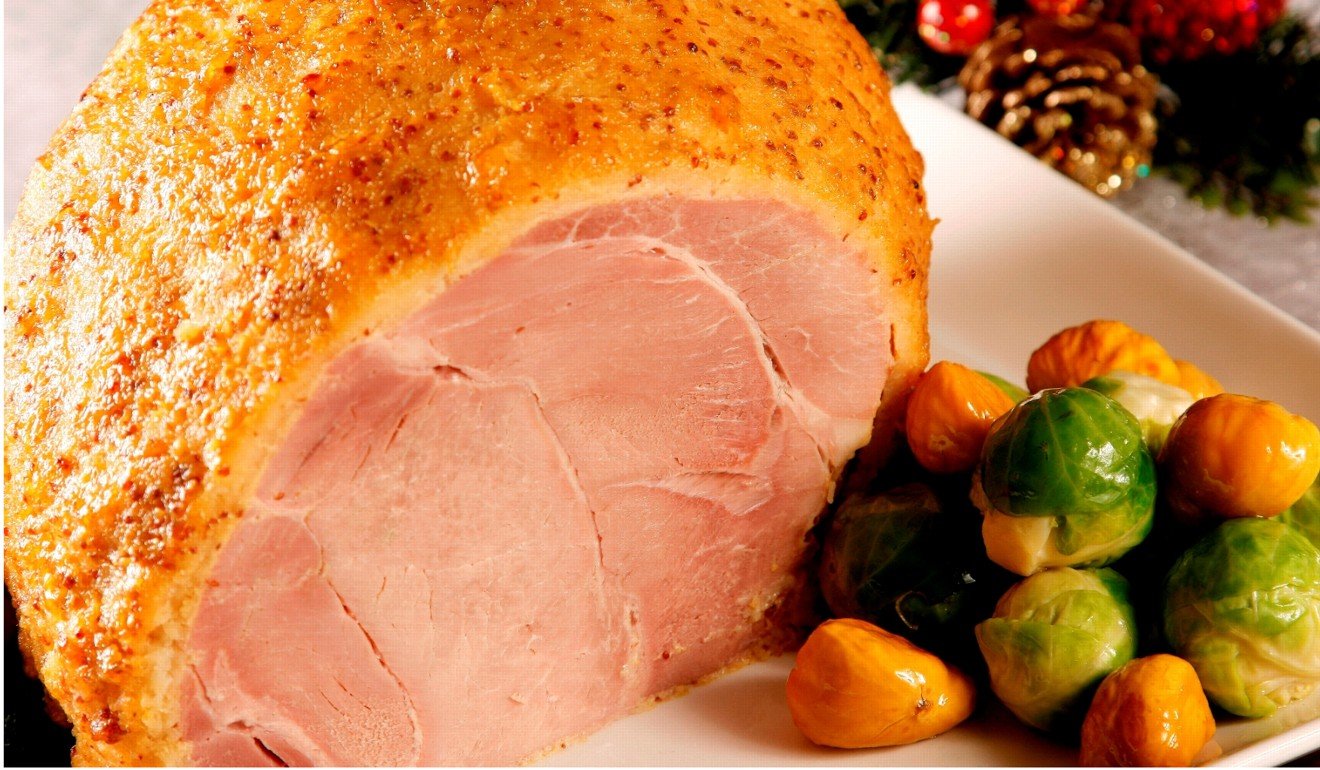
‘Toxic’, ‘gammon’ and ‘cakeism’ battle it out for Oxford’s word of 2018
- Dictionary picked ‘toxic’ because it reflected ‘a growing sense of how extreme and at times radioactive, we feel aspects of modern life have become’

Oxford Dictionaries has named “toxic” as its word of the year, citing the adjective’s use to describe everything from the debate around Brexit to the environment.
Defining the word as “poisonous”, Oxford said it had become a “descriptor for the year’s most talked about topics”. The dictionary pointed to a 45 per cent rise in the number of times the word has been looked up on its website, and said it best captured “the ethos, mood, or preoccupations” of 2018, thanks to “the sheer scope” of its application.

First appearing in English in the mid-17th century, from the medieval Latin toxicus, “toxic” has also been used to describe workplaces, schools, relationships, cultures and stress over the last year, said the dictionary.
However, the word was most associated with the word “chemical”, appearing most frequently in discussions about the environment, including “toxic substance”, “toxic gas”, “toxic waste” and “toxic air”.
The debate fostered by the Brexit vote has also been described as a toxic environment, along with the rhetoric of world leaders, said the dictionary, while social media platforms “have come under fire for the toxic impact they have on our mental health”.

Oxford University Press’s president of dictionaries Casper Grathwohl said: “Reviewing this year in language, we repeatedly encountered the word ‘toxic’ being used to describe an increasing set of conditions that we’re all facing. Qualifying everything from the entrenched patriarchy to the constant blare of polarising political rhetoric, ‘toxic’ seems to reflect a growing sense of how extreme, and at times radioactive, we feel aspects of modern life have become.”
Oxford’s word of the year is intended to “reflect the passing year in language”.

Other words and phrases shortlisted for 2018 included gammon, which is “typically used in the UK as a derogatory term for an older middle-class white man whose face becomes flushed due to anger when expressing political opinions”, cakeism, the doctrine of having your cake and eating it too – usually used when referring to the UK’s approach to Brexit negotiations – and “orbiting”, which is “the action of abruptly withdrawing from direct communication with someone while still monitoring, and sometimes responding to, their activity on social media”.
Last week Collins Dictionary chose the term “single-use”, referring to products made to be used once and then thrown away, as its word of the year.